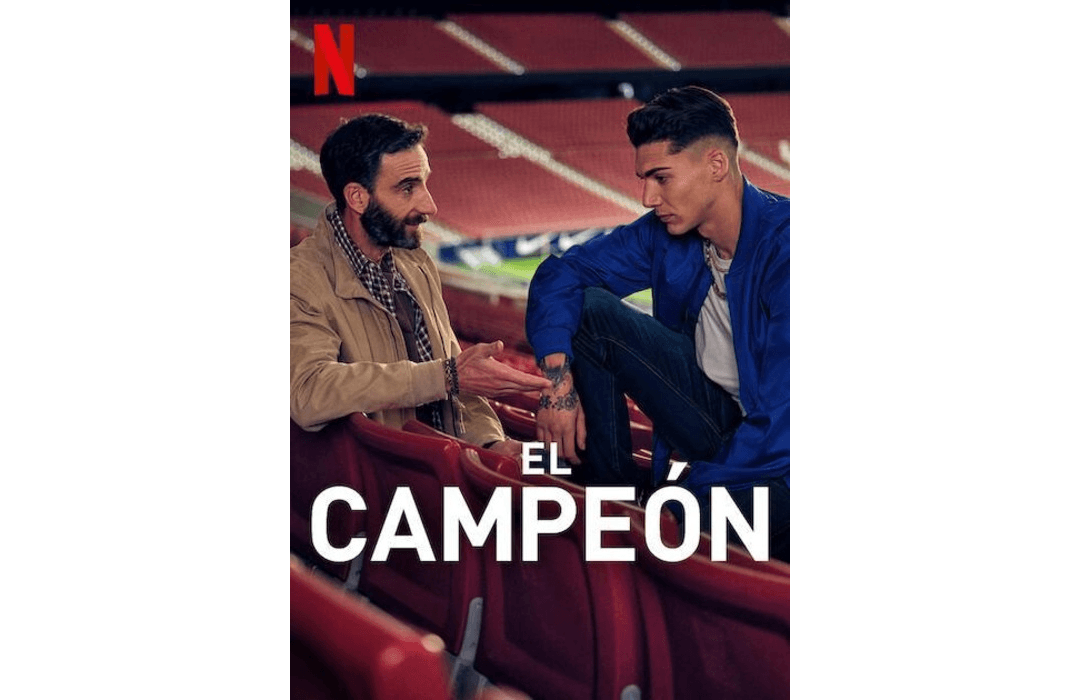TV-MA | 1h 46min | Drama | 2024
‘The Champion’: Rising Above Childhood Trauma
In this Spanish sports drama, a reclusive professor is cornered into mentoring a young, talented but volatile footballer.

Footballer Diego (Swit Eme) must learn restraint and humility to achieve true greatness in his sport, in "Champion." Netflix
Rudolph Lambert Fernandez is an independent writer who writes on pop culture.
Author’s Selected Articles




